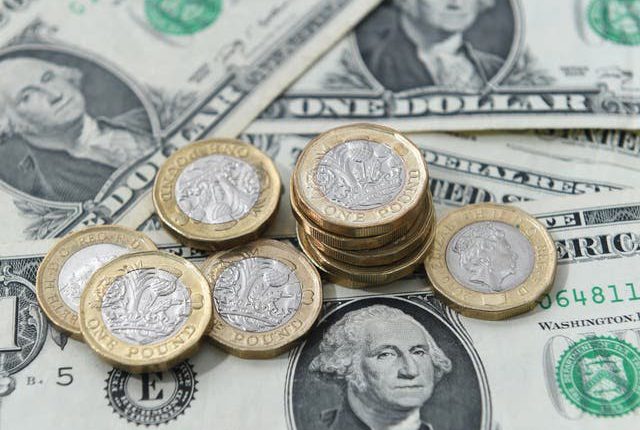The pound has dropped to a fresh 37-year low versus the dollar after Russia accused the West of “nuclear blackmail,” stoking fears that the Ukraine conflict may worsen.
State of affairs
The comments frightened traders, prompting them to seek safer investments such as the US dollar. The pound temporarily fell to $1.13040, its lowest level since 1985, before recovering.
The drop also came as UK data revealed that borrowing prices hit a new high in August as inflation rose.
Digging deeper
Russian President Vladimir Putin announced he had signed a directive for partial mobilization, the first since World War II, in order to send up to 300,000 extra troops into war. He also accused the West of wishing to destroy Russia, adding that the country possessed “a lot of weapons to respond.”
The comments alarmed investors, who rushed to buy the dollar, gold, and bonds, all of which are considered less risky investments. Traders in sterling, which has been at low levels for weeks, were also anticipating the Federal Reserve’s widely anticipated interest rate hike on Wednesday.
To combat inflation, the US Federal Reserve has already hiked interest rates four times this year. Meanwhile, the Bank of England (BoE) is poised to raise interest rates again on Thursday.
What this means
Raising interest rates raises the cost of borrowing and encourages consumers to spend less, which can help to keep prices stable. However, central banks must strike a difficult balance because higher interest rates may hinder the economy.
Sterling investors are also concerned about the policy implications of the government’s scheduled mini-budget on Friday, which is expected to include £30 billion in tax cuts.
It comes as the UK borrows billions of pounds to control home and business energy rates, adding to the country’s already massive debt load. Official numbers released on Wednesday revealed that the government is also facing higher interest payments on its debt as a result of growing inflation.
Interest on public debt reached £8.2 billion in August, up £1.5 billion from the previous year and the highest August total since records began in 1997.

